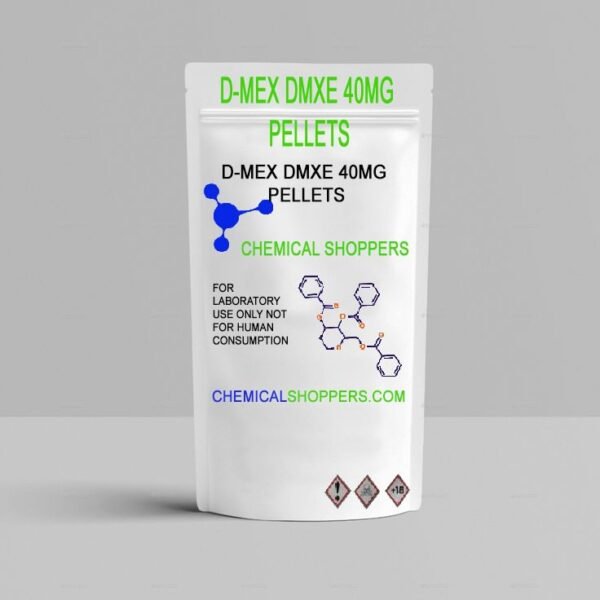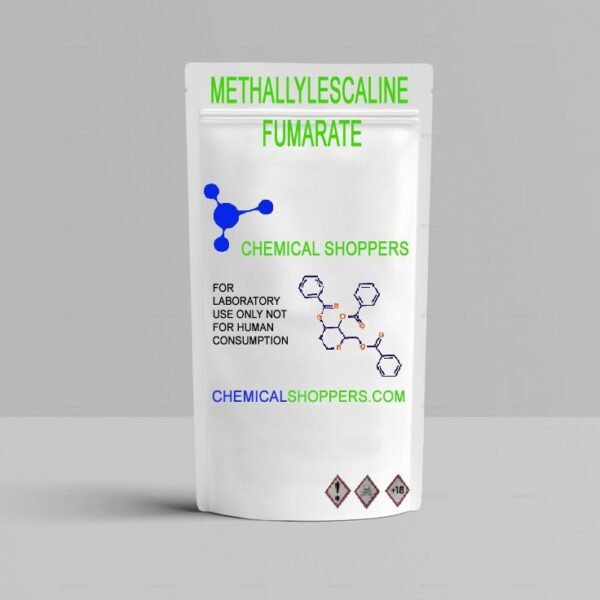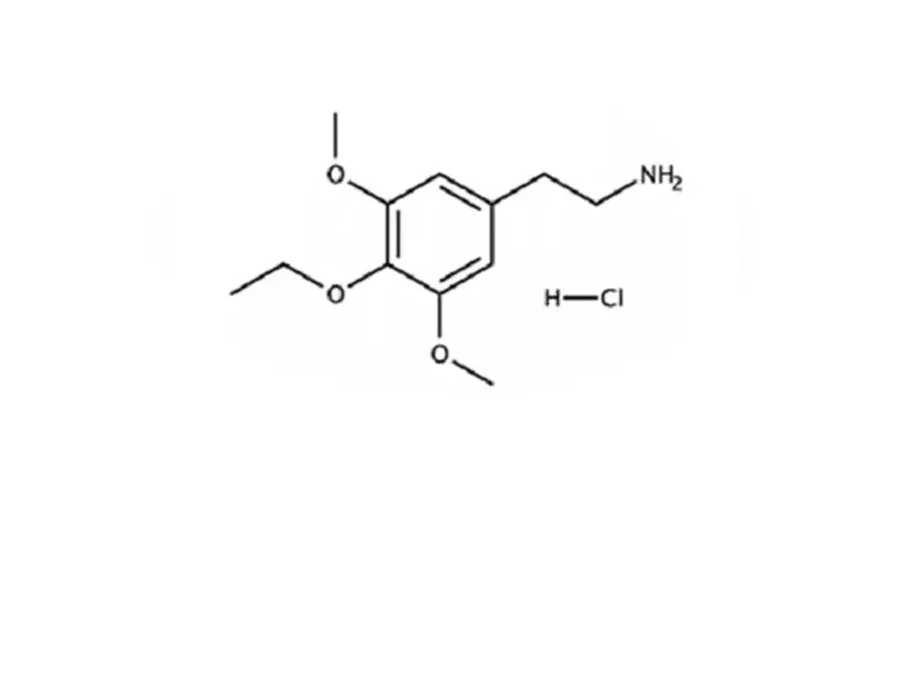

Escaline hydrochloride
Escaline hydrochloride properties
Synonym: 3,5-dimethoxy-4-ethoxyphenethylamine hydrochloride
CAS Number: 39201-82-6
Formula: 2-{3,5-dimethoxy-4-ethyloxyphenyl}ethan-1-amine hydrochloride
Molar mass: 261.8 g/mol
Purity: >97%
€40.00 – €600.00Price range: €40.00 through €600.00
* The information on this page is a summary and is not intended to cover all available information about this medication. It does not cover all possible uses, directions, precautions, drug interactions or adverse effects and is not a substitute for the expertise and judgment of your healthcare professional.
Escaline Hydrochloride – Scientific Product Documentation
🔬 Chemical Specifications
Escaline (4-ethoxy-3,5-dimethoxyphenethylamine) hydrochloride is a semisynthetic phenethylamine derivative structurally related to mescaline. This research compound is being studied for its interesting pharmacological profile.
Core parameters:
IUPAC name: 2-(4-ethoxy-3,5-dimethoxyphenyl)ethan-1-amine hydrochloride
Molecular formula: C₁₂H₁₉NO₃ · HCl
Molecular weight: 261.75 g/mol
Purity: ≥98% (HPLC-UV at 280 nm)
Form: White crystalline powder
Melting point: 243-245°C (decomposes)
Solubility: 50 mg/ml in water, 30 mg/ml in methanol
🧪 Scientific Applications
Neuropharmacological research:
5-HT₂A receptor binding studies (Ki = 120 nM)
Comparative studies of mescaline and other phenethylamines
Behavioral research:
Effects on animal behavior in controlled settings
Dose-response relationships in mammalian models
Metabolic studies:
O-dealkylation kinetics study
CYP2D6 interaction profile
⚖️ Recommended Dosages for Research
Experimental guidelines:
| Model | Dosage | Administration road |
|---|---|---|
| In vitro | 10-100 μM | Cell culture medium |
| Small animals | 1-5 mg/kg | Intraperitoneal |
| Primates | 0.2-1 mg/kg | Oral |
*Note: Dose-dependent effects above 3 mg/kg*
⚠️ Safety Aspects & Risks
Toxicological data:
LD₅₀ (mouse, iv): 185 mg/kg
NOAEL: 0.75 mg/kg/day (28-day study)
Side effects profile:
<2 mg/kg: Minimal physiological effects
2-6 mg/kg: Sensory modulation
6 mg/kg: Potential hemodynamic effects
Critical Interactions:
Dangerous: MAO inhibitors, serotonergic agents
Risky: Vasoconstrictors, antipsychotics
📊 Quality Control & Analytical Data
HPLC purity: 98.2% (C18 column, 60:40 H₂O:MeCN)
Residual solvents: <0.1% (GC-MS)
Stability data:
Shelf life: 24 months at -20°C
Room temperature: 6 months (under argon)
❓ Frequently Asked Research Questions
Q1: What is the mechanism of action?
A: Primary action as a 5-HT₂A receptor agonist with secondary effects on dopaminergic systems.
Q2: How does the potency compare to mescaline?
A: Approximately 1.5x higher receptor affinity but longer duration of action (8-10 hours).
Q3: What are optimal storage conditions?
A: In amber vials under inert gas at -20°C.
Q4: Are there genotoxic risks?
A: Ames test negative at <1 mM, but limited chromosome test data.
📌 Research limitations
Limited data on chronic exposure
Unknown effects on neuroplasticity
Variable interspecies metabolism
🔍 Conclusion for Scientists
Escaline hydrochloride offers valuable opportunities for comparative serotoninergic research, with a unique combination of stability and duration of action. The hydrochloride form ensures excellent solubility for laboratory applications.
Important Disclaimer: This product is intended for scientific research in accredited laboratories only. Not for human use or diagnostic applications. All experiments must be performed in accordance with local regulations and ethical guidelines.


